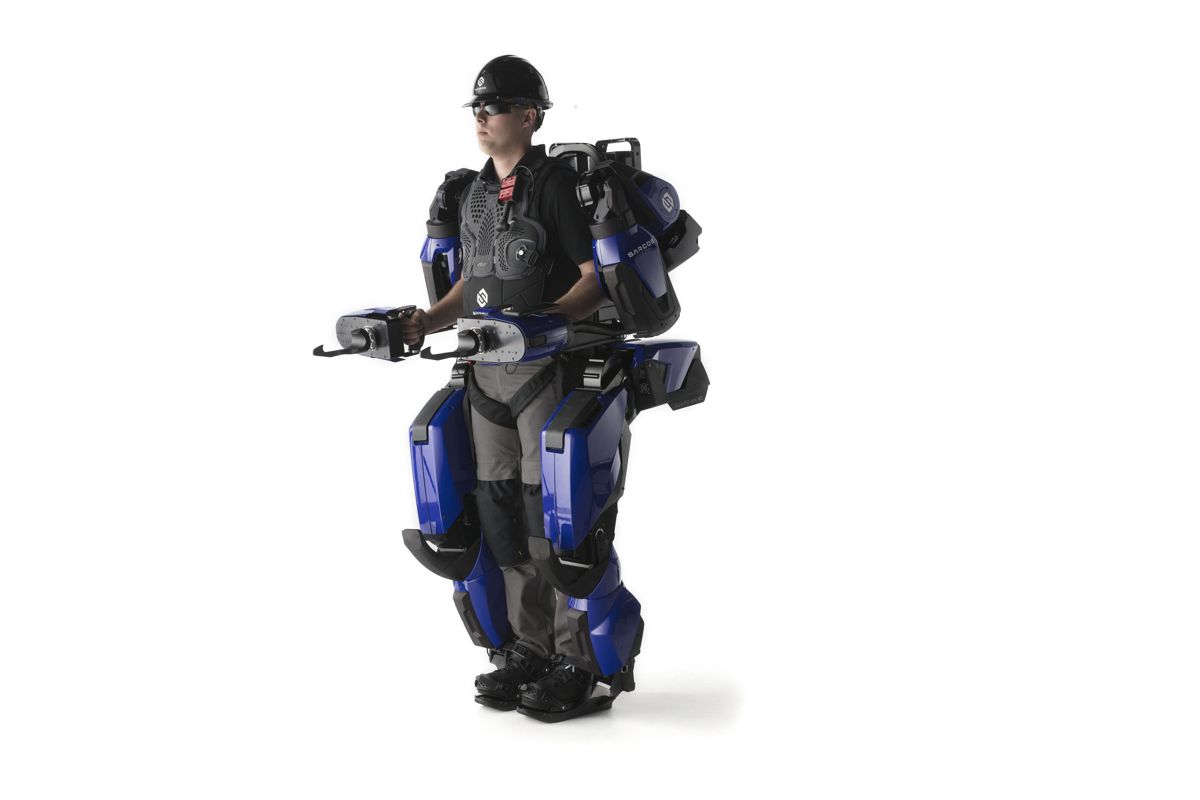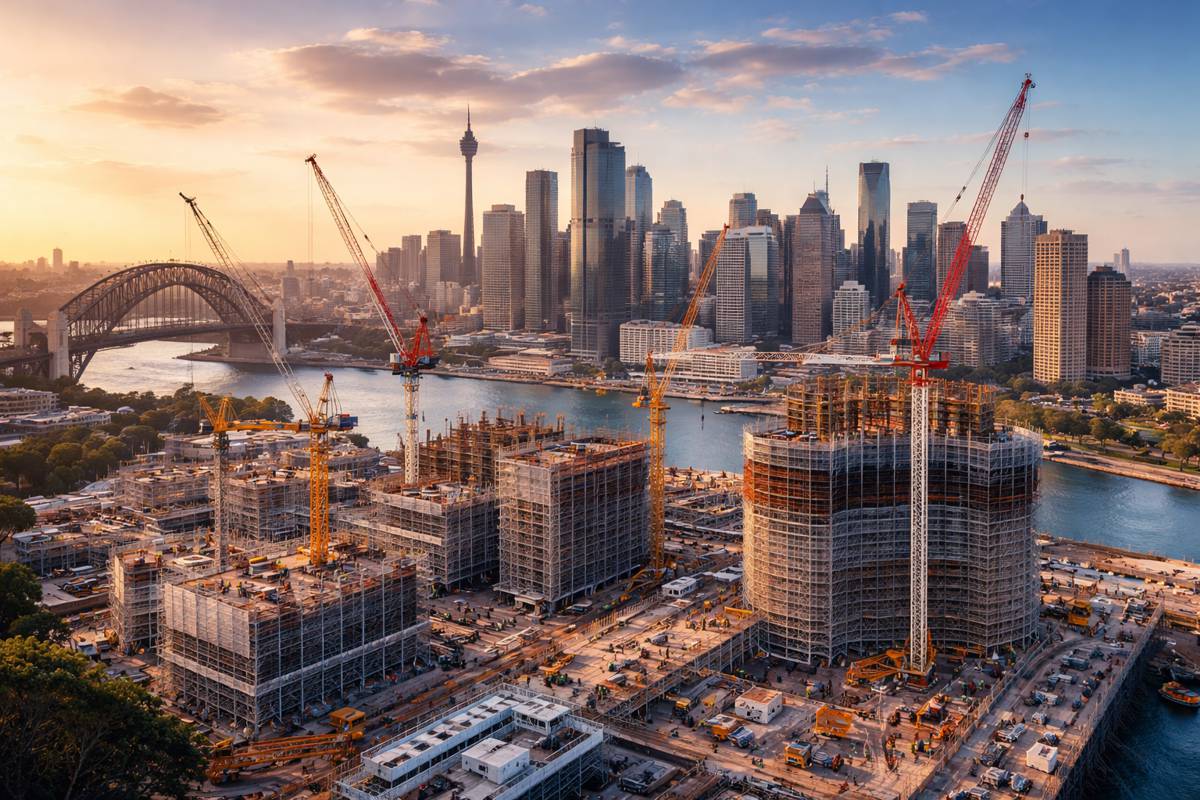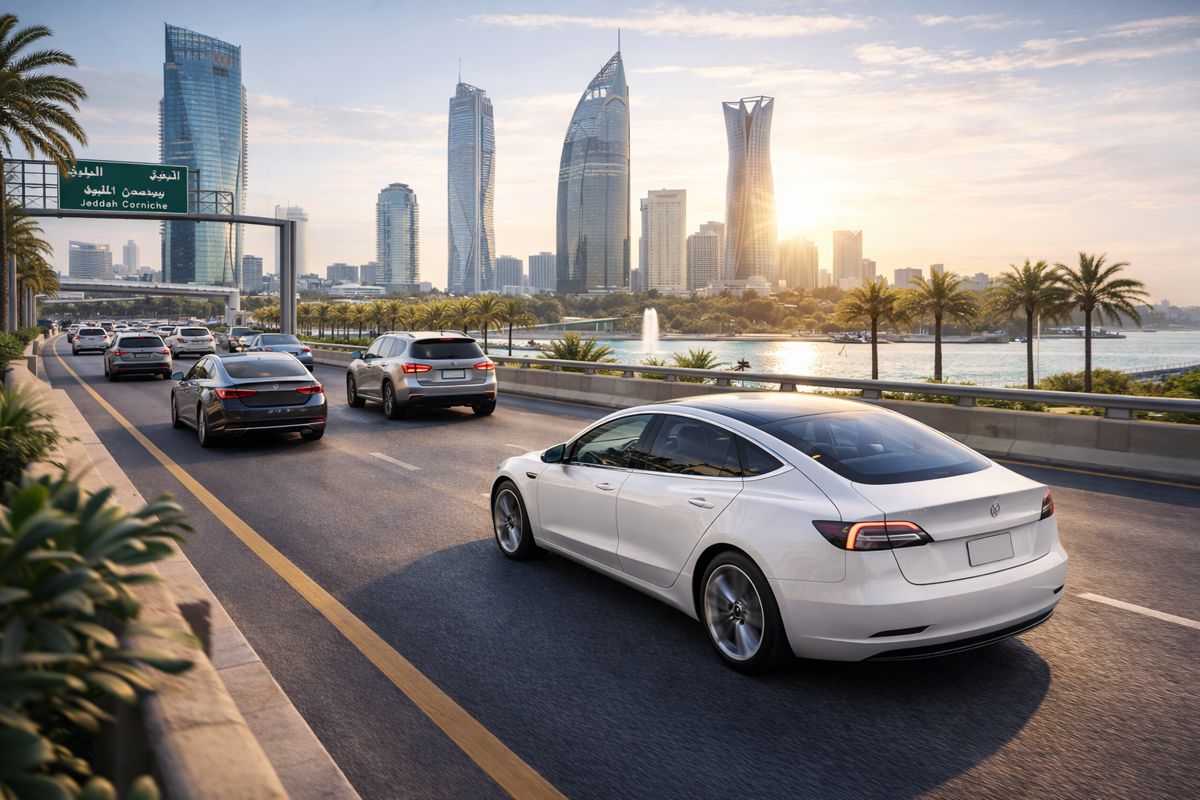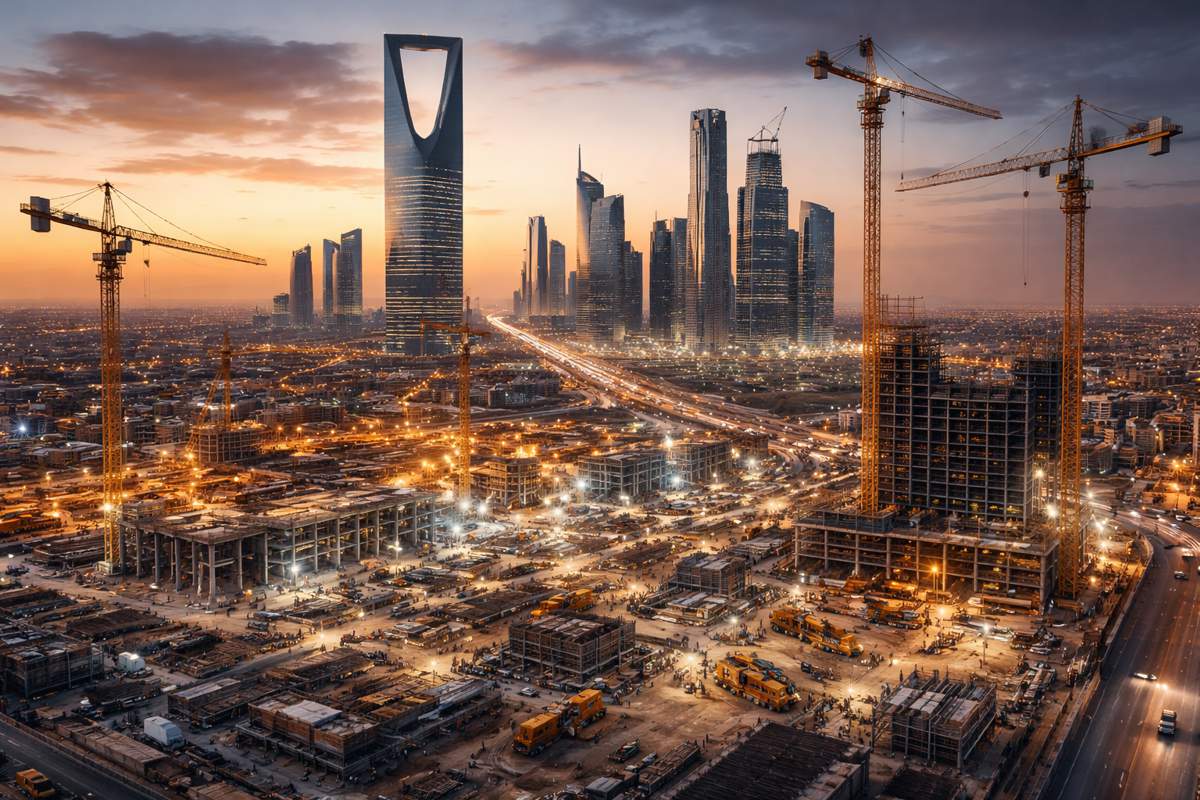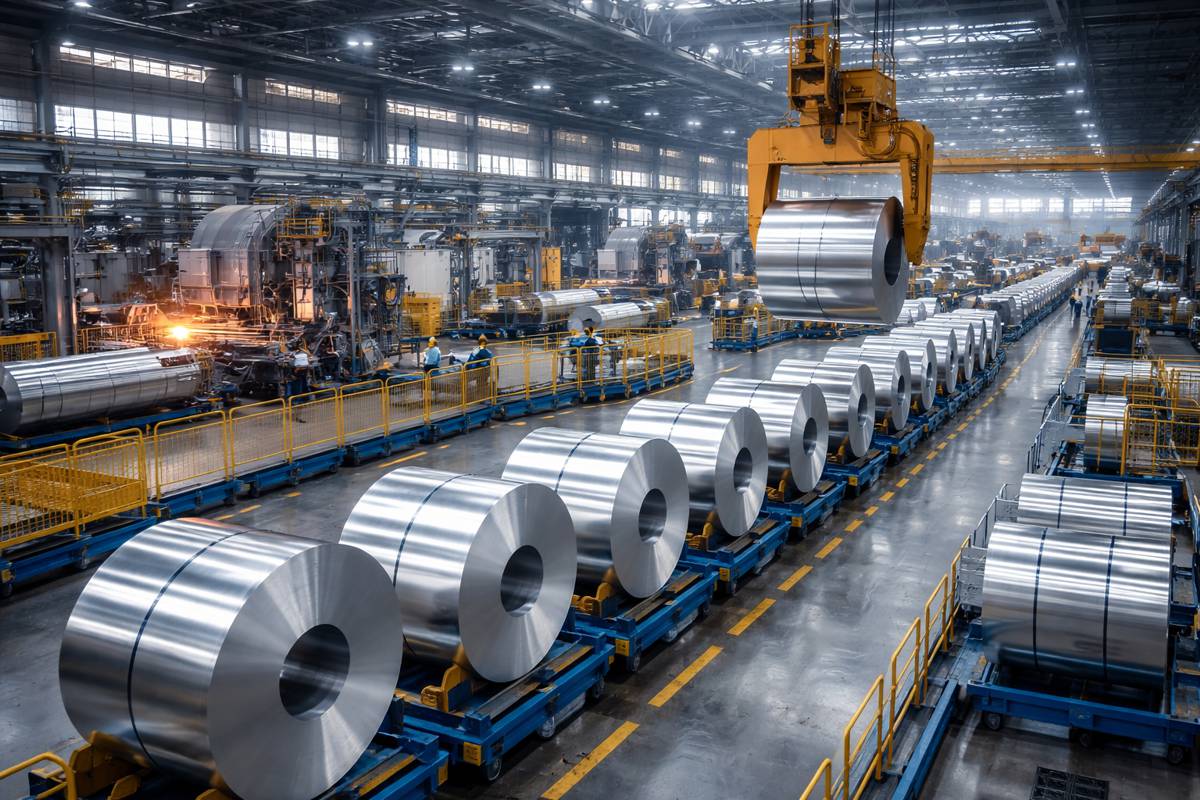Sarcos Robotics Guardian Exoskeleton a Fast Company 2020 Innovation Award finalist
Sarcos Robotics, a global leader in the production of robots that augment humans to enhance productivity and safety, announced that its Guardian® XO® industrial exoskeleton—the world’s first full-body, battery-powered wearable industrial robot designed to increase strength and endurance – has been recognized by Fast Company in their 2020 Innovation by Design Awards.
The Guardian XO robot was named a Finalist in the Products category and received Honourable Mention in the General Excellence category.
The awards, which can be found in the October/November 2020 issue of Fast Company, recognize people, teams, and companies solving problems through design. One of the most sought-after design awards in the industry, Innovation by Design, is the only competition to honour creative work at the intersection of design, business, and innovation.
The Guardian XO exoskeleton, which has been under development for more than 20 years, can safely lift up to 200 pounds for extended work sessions and is applicable to a myriad of industries such as aviation, manufacturing, warehousing and logistics, oil & gas, construction, defence, and others. It will be commercially available in 2021.
“We are extremely honoured to be recognized by Fast Company in their annual Innovation by Design Awards,” said Ben Wolff, chairman and CEO, Sarcos Robotics. “The design and development of our Guardian XO industrial exoskeleton, the world’s first full-body, powered exoskeleton, has taken more than 20 years and is finally ready for commercialization. We believe the Guardian XO robot can have a profound effect on the labour force both in the U.S. and globally, reducing the impact of workplace injuries and addressing the growing shortage of skilled labour.”
“We need innovative design more than ever, and the 2020 honourees have brought creativity, inventiveness, and humanity to address some of the world’s most pressing problems, including the global pandemic, racial injustice, and economic inequality,” said Stephanie Mehta, editor-in-chief of Fast Company. “Together, these entries offer a glimpse into a future that is more inclusive, more accessible, and more just.”
The judges include renowned designers from a variety of disciplines, business leaders from some of the most innovative companies in the world, and Fast Company’s writers and editors. Entries are judged on the key ingredients of innovation: functionality, originality, beauty, sustainability, user insight, cultural impact, and business impact.
See the complete list of winners here.
